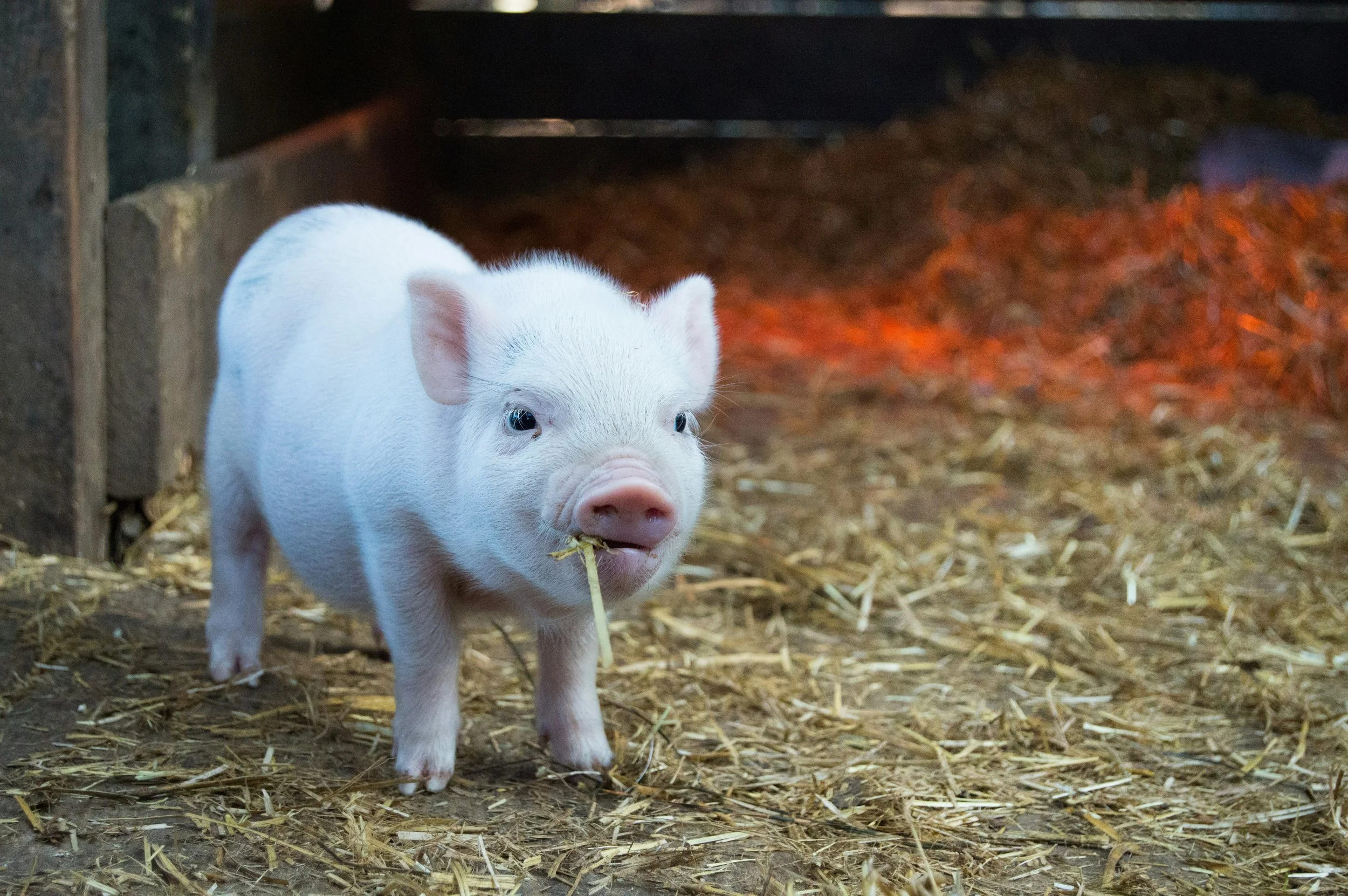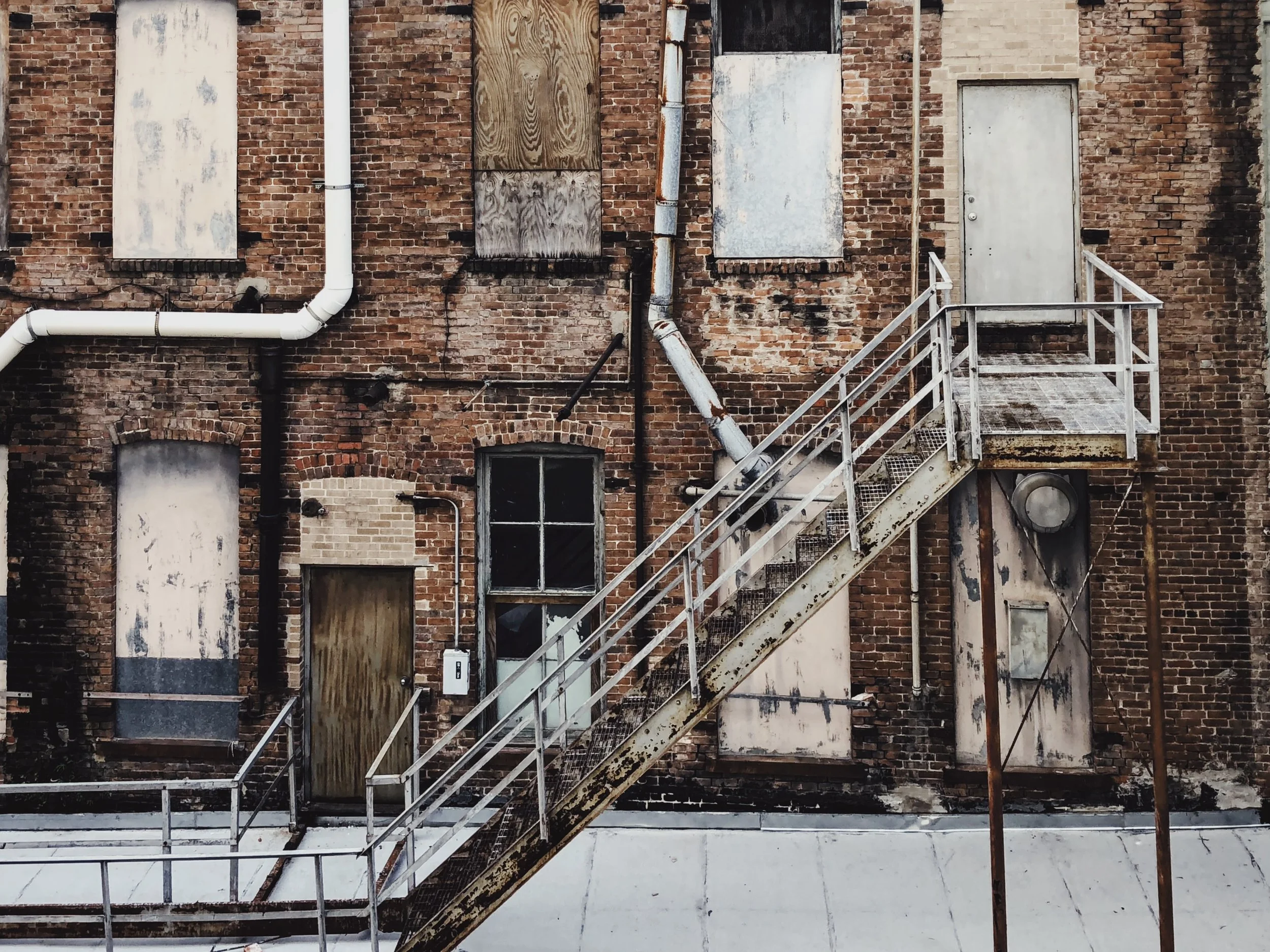Hide prices have been steadily decreasing over the past couple of years, directly impacting the meat-producing industry. 2L Staffer Ryan Stuart looks at the factors contributing to the current market trend, especially regarding the China leather production industry and the future of the hide and leather industry, while urging individuals to start buying leather goods again to help the hide industry.
WOTUS and the Future of Wetland Protection
In recent years it has become unclear what wetlands are protected. Senior Staffer Seth Stroud discusses the upcoming Supreme Court case, Sackett v. EPA, which will analyze this issue. The plaintiffs believe the Court should use Justice Scalia’s test (continuous surface connection) while opposing counsel favors Justice Kennedy’s test (significant nexus) for determining what wetlands will be protected. While Stroud analyzes this issue, he expresses the concern of many that the Supreme might be undercutting EPA’s rule-making efforts.
How can the Government Ensure a Safe and Healthy Environment Throughout the Lasting Effects of COVID?
Covid-19 has had a significant impact on individuals and businesses. 2L staffer Emily Riggs discusses the new work lifestyle where people are working remotely and may not return to an office building for work, which has caused office buildings to now be vacant. Riggs strongly advocates that these buildings can help decrease the homeless population and offers an idea for how the states and the federal government can make this possible.
Funding Kentucky's Forests: Proposing a Timber Yield Tax
In recent years, the Kentucky Department of Forestry has been underfunded. 2L staffer Braydan Roark talks about how this has affected staffing issues and essential operations in the KDF. Roark advocates for a timber yield tax and lays out how it should function while putting at ease those who might have concerns about it.
What the Frack: Why Fracking Chemicals Should be Disclosed
Citizens of Pavillion, Wyoming, started to notice a bad taste and smell in their water. Methanol, a toxic chemical, was found in their water from fracking waste. 2L staffer Gracie Sandlin discusses how fracking companies are not required to disclose the chemical injected into the ground due to trade secrets, but is that for the best? Sandlin advocates that these chemicals should not be trade secrets, discusses what another state is doing, and hopes Wyoming will soon follow.
Bankruptcy and the Billion Dollar Baby Powder
Johnson & Johnson has been a household name from, band-aids to baby powders and the Covid-19 vaccine over the years. Lately, they have become a bigger name in lawsuits due to their talc-based baby powder. Senior staffer, Nicola Peters, analyzes Johnson &Johnson’s new bankruptcy legal strategy known as the Texas Two-Step. Peters argues that this strategy is highly problematic and should not proceed.
Cryptocurrency: the Good, the Bad, and the Light at the End of the Tunnel
Cryptocurrency has taken the world by storm lately, and everyone wants in on the action. 2L staffer, Leen Heresh, analyzes this new phenomenon. Heresh points out that although there are many benefits to Cryptocurrency, it is hurting our environment due to the enormous energy consumption required for Cryptocurrency to function. However, Heresh believes that not all hope is lost and offers some solutions to help this increasing problem.
The Federal Land Leasing Program and the Possibility of Pausing for Climate Change
In January of 2021, President Biden signed an Executive Order which created a pause on oil and gas leasing of federal lands. 2L staffer, Abby Noser, analyzes this Executive Order through the view of a lawsuit filed in Louisiana by thirteen states. The plaintiffs urged that the Executive Order violated the United States Constitution, the Administrative Procedure Act, the Outer Continental Shelf Lands Act, and the Mineral Leasing Act.
The Fight Over Tribal Authority Under the Clean Water Act
2L staffer, Zachary Mills, discusses the importance of the Clean Water Act and how the act continues to change through public and presidential pressure. Mills focuses explicitly on Section 401 of the Act, where it designates state and tribal governments as “certifying authorities” for these licenses, but after Trump’s Executive Order 13956, the EPA narrowed Section 401. Mills highly encourages courts to truly realize the change to Section 401 of the Clean Water Act does more harm than good for the Native American communities.














